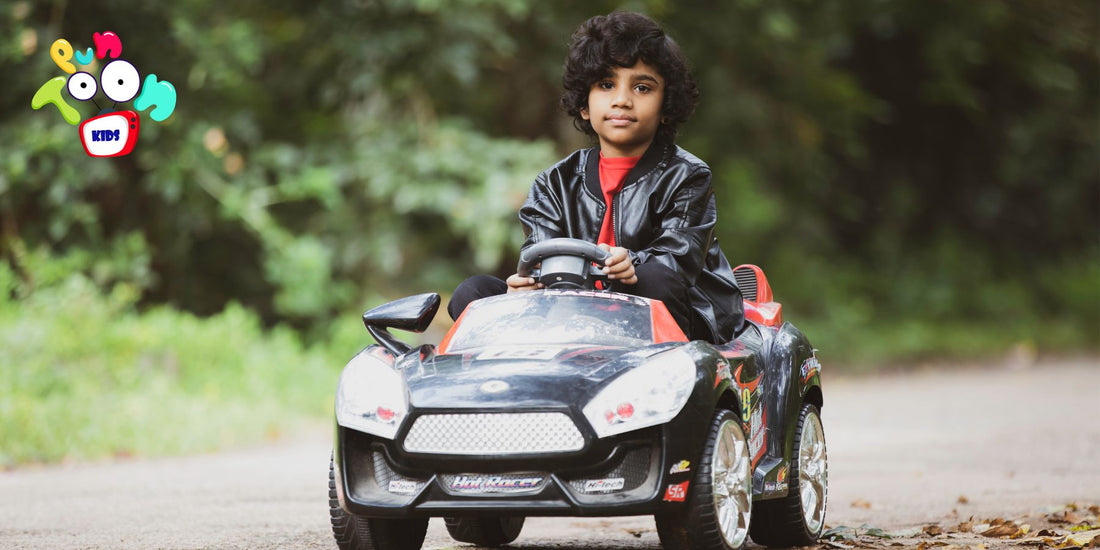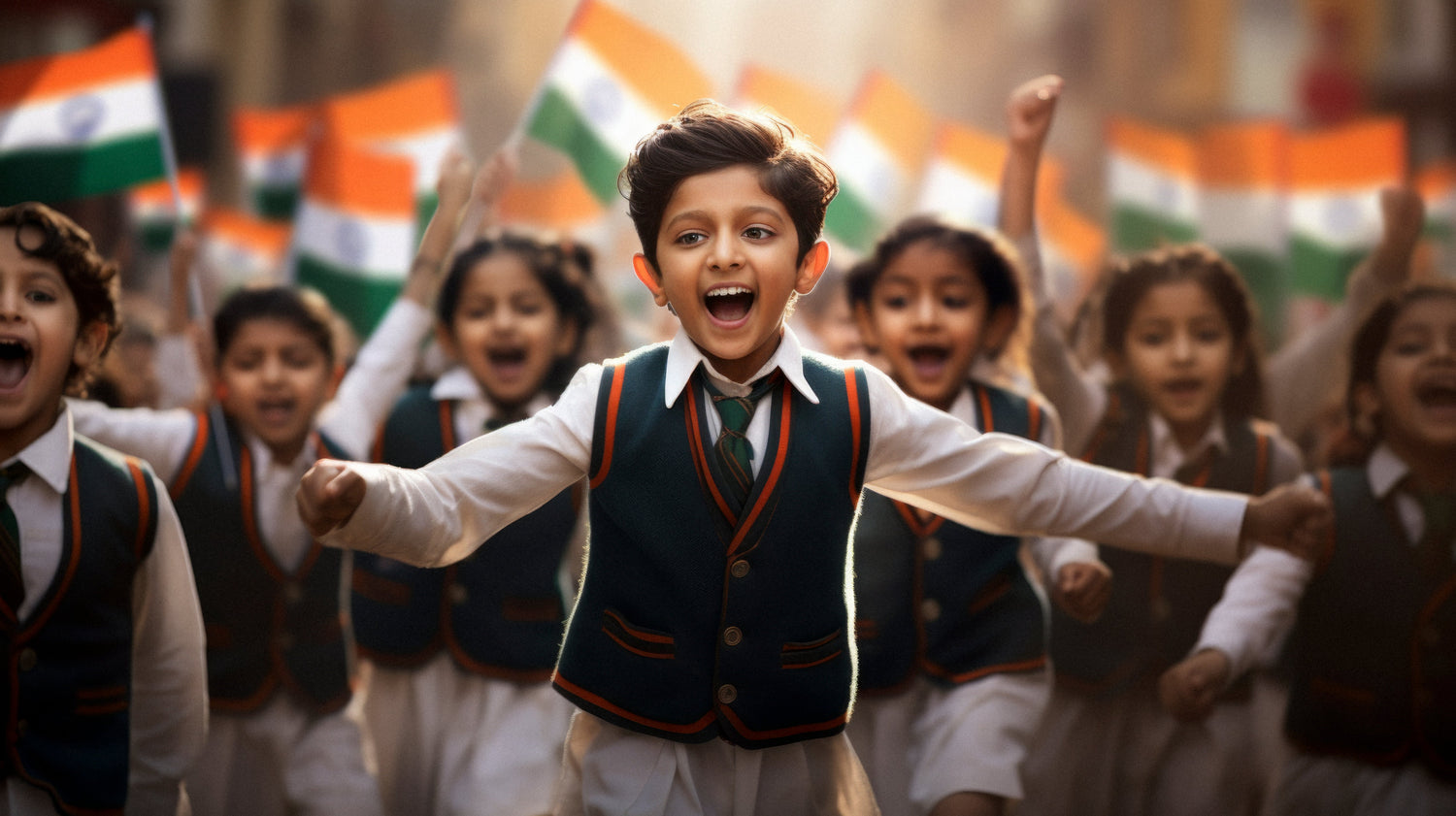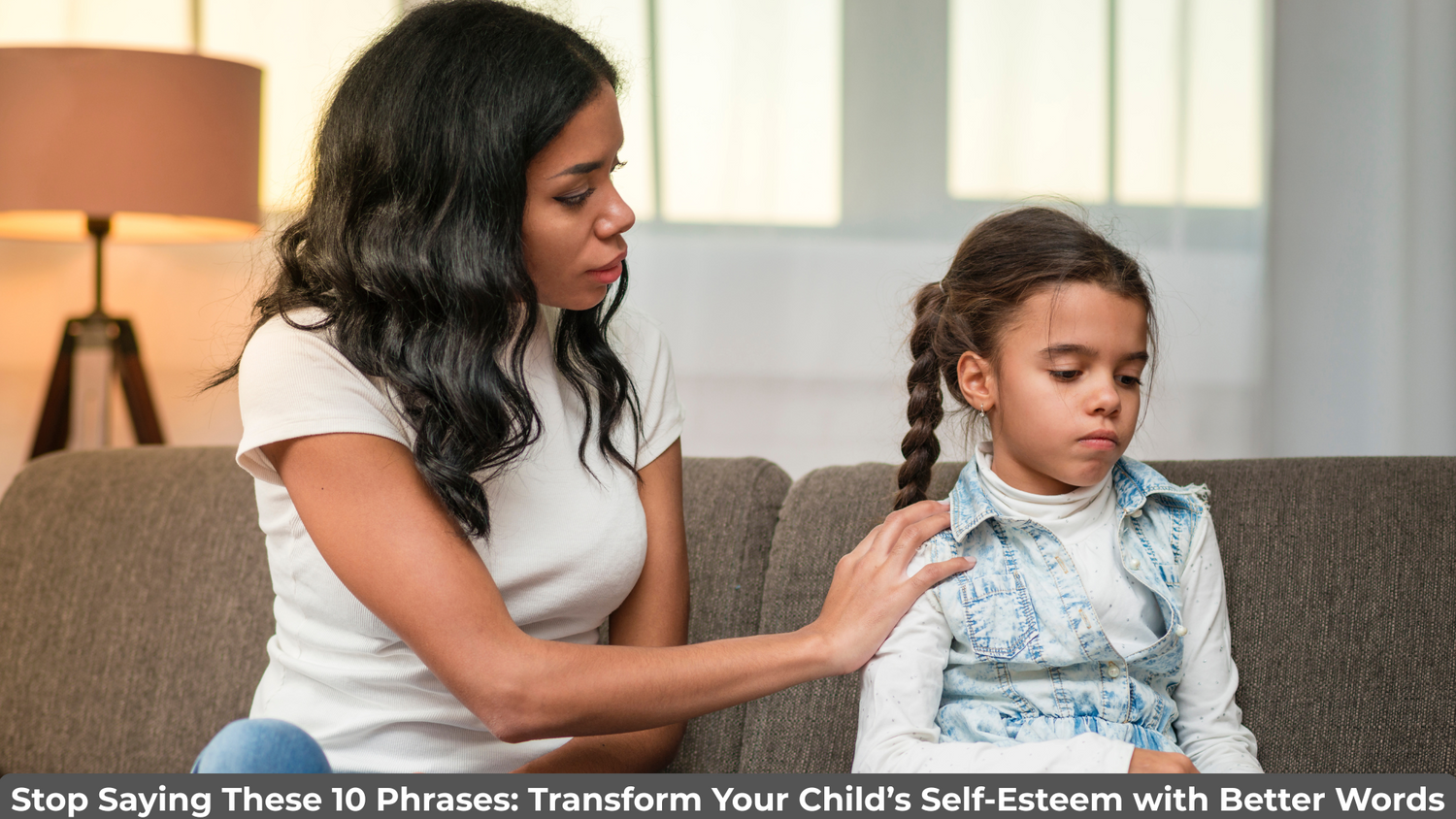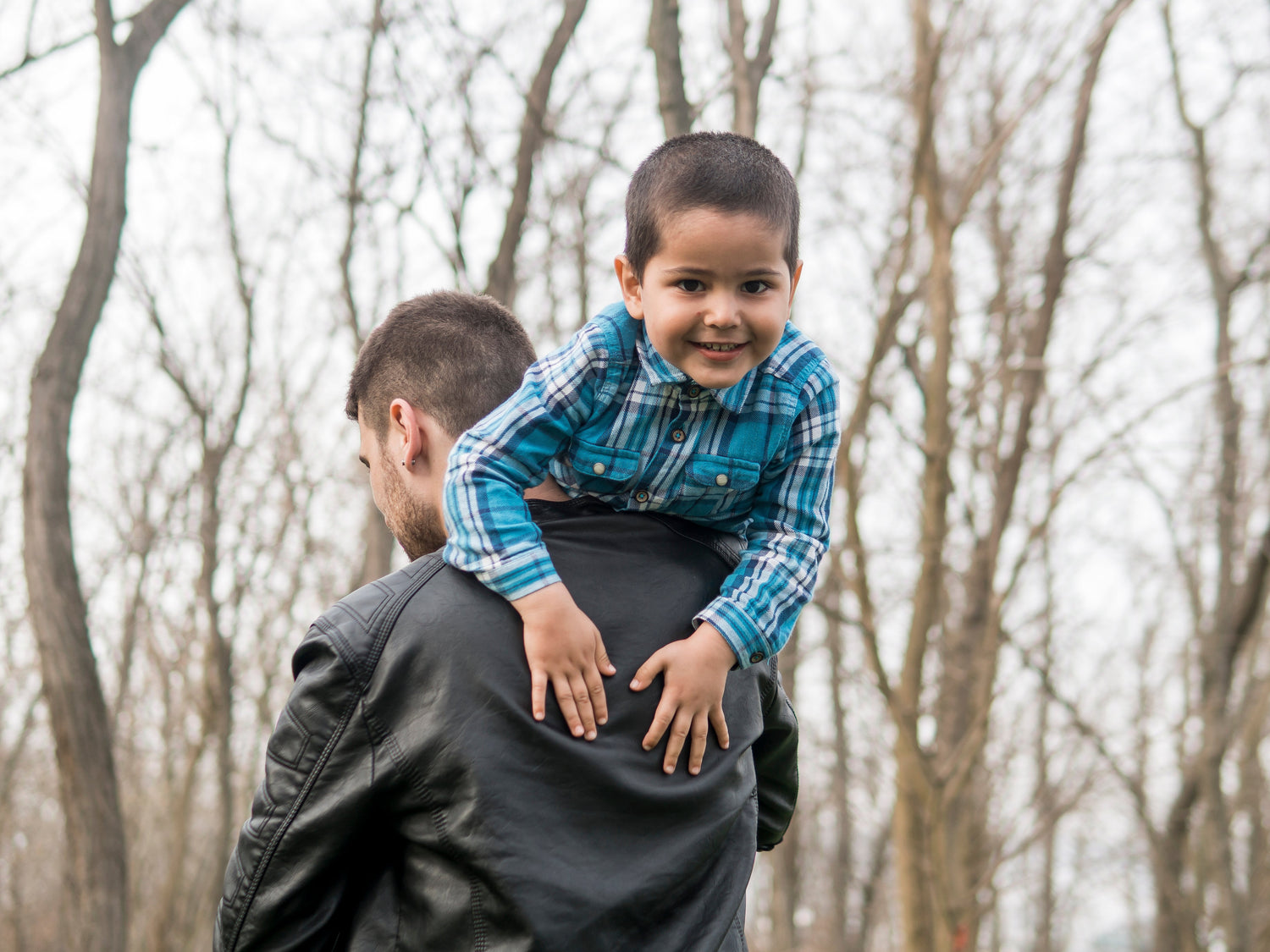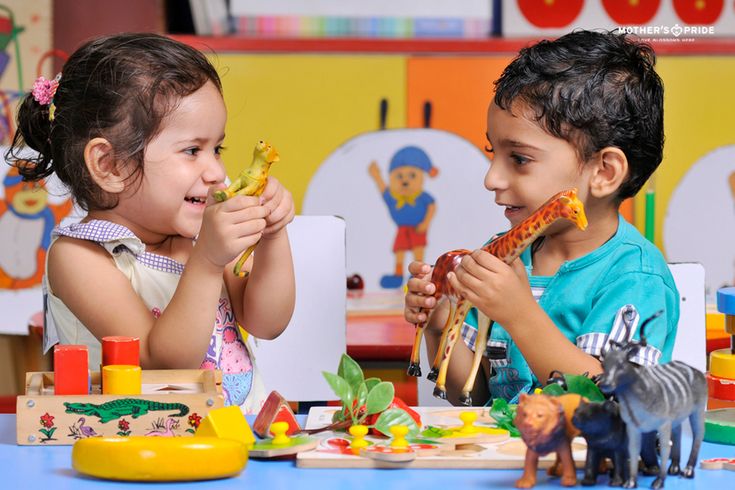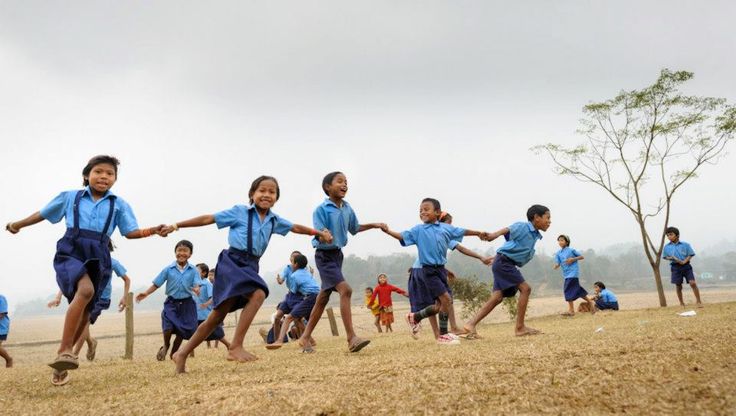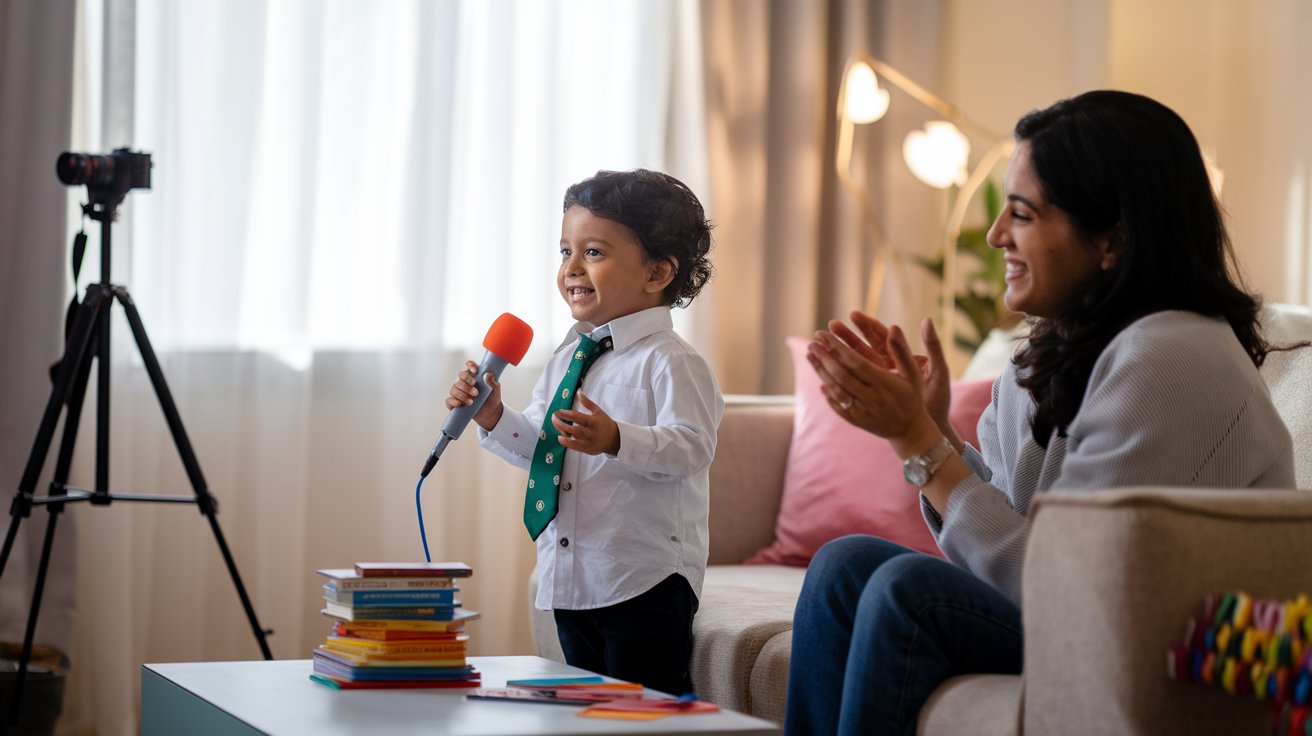Stuck on what toys to buy for your preschoolers' learning? We've got you! In this blog, you'll discover how to pick age-appropriate items. Spark your child's interest and let them learn. From basic blocks to advanced robots, this guide will help you choose the right ones.
Choose Open-Ended Toys:
Open-ended toys are ones that can be played with in a variety of ways, allowing children to use their imaginations and creativity to come up with different ways to play. Examples of open-ended toys include blocks, play dough, and dress-up clothes.
Open-ended toys are great for preschoolers' learning! Unlike toys with one function, open-ended toys give kids lots of ways to play. Examples? Blocks, play dough, and dress-up clothes!
Here's why open-ended toys are so important:
- Imagination: Kids can create their own stories with open-ended toys.
- Creativity: They can express themselves and come up with new ideas.
- Problem-solving: Open-ended toys help kids think critically and make decisions.
- Social skills: Sharing and collaborating with toys helps kids be cooperative and communicative.
- Cognitive development: Memory, attention span, and logical reasoning get a boost with these kinds of toys.
- Self-confidence: Kids gain confidence when they can explore possibilities through open-ended play.
When you choose open-ended toys, consider:
- Variety, for exploration and creativity.
- Age-appropriate choices.
- Durability and safety.
- Toys easy to handle by small hands.
Open-ended toys are great for fun and learning. So go ahead, fill your child's playroom and watch their imagination soar! Who needs Sudoku when you can watch your preschooler struggle with a puzzle for hours?
Look for Toys that Encourage Problem-Solving:
Toys that challenge children to solve problems and think critically are excellent choices for preschoolers. Puzzles, building sets, and games that require strategy are all good examples of toys that encourage problem-solving.
Toys to sharpen problem-solving skills are a must for preschoolers. These provide an amazing chance for children to grow their thinking abilities. Puzzles, building sets and games with strategy are great options to get them solving problems.
- Puzzles: A great way to make preschoolers use their problem-solving skills as they learn to mix and match pieces.
- Building Sets: Playtime with blocks or magnetic tiles let them explore their imagination while tackling problems.
- Gaming: Memory matching games or board games for strategic thinking help preschoolers strengthen their problem-solving skills.
Preschoolers need to play with toys that make them think and come up with solutions. Parents and educators have the chance to nurture cognitive skills in young minds by adding these activities to their playtime.
Pro Tip: When choosing problem-solving toys for preschoolers, think about age appropriateness to get the right level of challenge for perfect learning and growth.
Choose Toys that Foster Social Skills:
Many toys can be used to help preschoolers develop social skills, such as taking turns, sharing, and cooperating with others. Toys like board games, dress-up clothes, and play kitchens can all be used to encourage social play.
Toys are super important for preschoolers' learning journey! Not only are they fun, but they also help with skill-building, like social skills. Parents and educators can pick toys that encourage social growth. Here are five tips:
- Board Games: Snakes and Ladders, Candy Land – these games teach kids how to take turns and be patient.
- Dress-up Clothes: Imaginary play with dress-up clothes helps kids figure out different roles, share ideas, and work together.
- Play Kitchens: Pretend cooking? Yes please! Working together in a play kitchen teaches communication, sharing, and politeness.
- Building Blocks: Building blocks are great for teamwork. Kids learn to communicate ideas and work towards a common goal.
- Puppets and Puppet Theaters: Puppets let kids express themselves and interact with others while puppet theaters teach them to take turns and collaborate on stories.
Remember: each child is unique. Being aware of individual interests and preferences is key when selecting toys. Open-ended play is great for allowing preschoolers to use their creativity and problem-solving skills while developing social competence. Lastly, why not give kids a shape sorter for some educational fun?
Consider Toys that Teach Basic Concepts:
Toys that teach basic concepts like colors, shapes, and numbers can be helpful for preschoolers who are learning these concepts for the first time. Examples include shape sorters, color matching games, and counting toys.
Toys that teach fundamental concepts such as colours, shapes, and numbers are essential for preschoolers on their educational journey. Not only do these toys provide fun, but also aid in the growth of important cognitive skills. Shape sorters, colour matching games, and counting toys are great examples of such learning toys.
- Shape sorters: These help kids learn about shapes and hone their hand-eye coordination. As they fit the correct shape into the hole, they strengthen their problem-solving abilities.
- Colour matching games: These games enable preschoolers to match colours with objects, thus improving their colour recognition. This helps them comprehend their environment better.
- Counting toys: Counting is a must-have skill for young children. Counting toys make this learning fun by introducing numbers in an engaging manner.
It is noteworthy that these basic concept toys form the groundwork for further learning. By getting acquainted with colours, shapes, and numbers at an early age, children are better geared up to face more complex educational tasks in the future.
As a tip, it is suggested to pick toys that offer different levels of difficulty. This allows preschoolers to progress gradually and test themselves as they become more sure of their knowledge of basic concepts. And even more exciting than a workout? Watching a preschooler try to cycle a tricycle without crashing!
Choose Toys that Encourage Physical Activity:
Preschoolers need plenty of opportunities to move and be active, so toys that encourage physical activity are important. Ride-on toys, balls, and toys for outdoor play are all good choices for promoting physical activity.
Physical activity is essential for preschoolers. Toys that help with it are crucial. Ride-on toys, balls and outdoor play equipment are top choices. They benefit gross motor skill development, hand-eye coordination, agility and timing. Interactive games that combine movement and learning are great too.
I remember my niece playing with her ride-on car in the park. She was full of joy as she navigated around objects and raced against imaginary opponents. She was having a blast while boosting her coordination without knowing it. It was amazing to witness how a simple toy can provide such valuable physical development.
Toys that encourage physical activity should be part of a preschooler's playtime. This will give kids many chances to move, build motor skills and lead healthier lives.


